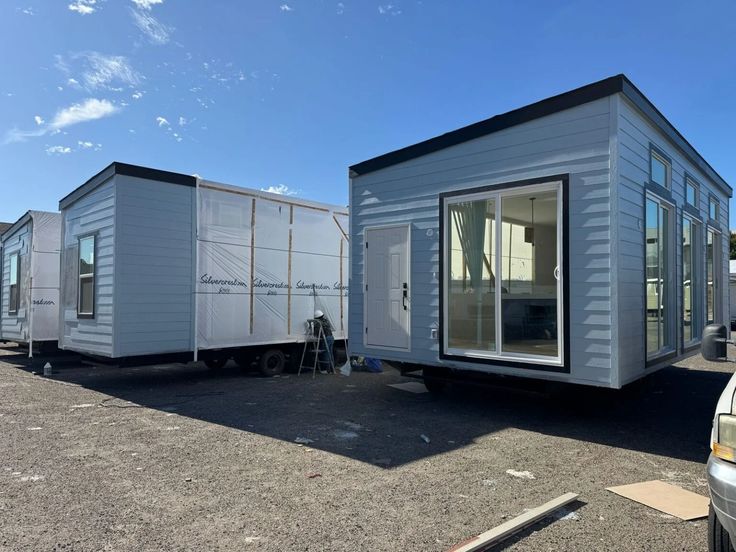The recovery phase after male breast reduction is just as critical as the procedure itself. While the surgery may take only a few hours, the healing process determines how good your final results will look and how long they will last. Unfortunately, many patients unintentionally delay their recovery or compromise results by making simple yet avoidable errors. Understanding what not to do after Gynaecomastia surgery in Dubai can help you protect your investment, avoid complications, and ensure a smooth healing journey.
Ignoring Post-Operative Instructions
Your surgeon will give you detailed guidelines on how to care for your incisions, manage pain, and resume activities. Skipping or altering these instructions can lead to delayed healing, infection, or scarring. For example, not cleaning the incision area as advised can cause bacterial buildup, while ignoring garment usage can affect the contour of your chest.
Returning to Exercise Too Soon
One of the most common mistakes is rushing back into intense workouts. While you may feel better within days, your internal tissues need weeks to fully recover. Lifting weights, doing push-ups, or engaging in high-impact sports too early can cause bleeding, swelling, or even shift the healing tissue, altering your final chest shape.
Not Wearing the Compression Garment
The compression garment is not optional—it helps control swelling, supports the new chest contour, and speeds up healing. Skipping it or wearing it inconsistently can result in uneven healing or prolonged swelling. Most surgeons recommend wearing it for at least four to six weeks, sometimes even longer.
Overexerting During Daily Activities
Even simple actions like lifting heavy grocery bags, reaching overhead, or pushing furniture can put strain on your healing chest muscles. During the first few weeks, limit movements that stretch or engage your upper body to avoid reopening incisions or causing discomfort.
Poor Sleep Positioning
Sleeping on your stomach or side too early can put pressure on the chest area and interfere with proper healing. Surgeons usually recommend sleeping on your back with your upper body slightly elevated for at least two to three weeks to reduce swelling and avoid pressure on the incisions.
Ignoring Pain or Swelling
Pain, swelling, and mild bruising are expected after surgery, but if they worsen suddenly or come with other symptoms like redness, heat, or discharge, it could indicate a complication. Ignoring these signs instead of reporting them to your surgeon can allow problems to escalate.
Skipping Follow-Up Appointments
Follow-up visits allow your surgeon to track healing, remove stitches if necessary, and catch any early signs of complications. Skipping them means missing professional oversight that could save you from long-term issues.
Smoking or Drinking Alcohol Too Soon
Nicotine restricts blood flow, slowing healing and increasing the risk of complications, while alcohol can thin the blood and increase swelling or bruising. Both should be avoided for at least a few weeks before and after surgery to allow your body to heal optimally.
Poor Diet and Hydration
Your body needs nutrients to repair itself, and dehydration can slow tissue recovery. Skipping meals, eating processed junk food, or neglecting hydration will make your recovery less efficient. A balanced diet rich in protein, vitamins, and minerals is essential for faster healing.
Exposure to Heat or Sunlight
Heat sources like saunas, steam rooms, or hot baths can increase swelling, while direct sunlight can darken healing scars and make them more noticeable. Protecting your chest from UV rays and avoiding high heat for several weeks is crucial.
Wearing the Wrong Clothing
Tight or rough fabrics can irritate the incision area, while clothes that press against the chest can affect circulation and healing. Opt for loose, soft clothing during the recovery phase to minimize friction and allow for better airflow.
Not Managing Stress
Stress can weaken your immune system and slow down healing. Patients who overcommit to work or life responsibilities right after surgery often find themselves more fatigued, which can hinder recovery. Taking time off and prioritizing rest is not a luxury—it’s part of the healing process.
Underestimating Emotional Recovery
Some men expect instant results and feel anxious if swelling or bruising hides the final outcome. Emotional patience is vital. It can take weeks or even months for the swelling to fully subside and the final chest contour to emerge.
Self-Medicating Without Approval
Taking over-the-counter painkillers or supplements without your surgeon’s approval can interfere with recovery. For example, aspirin can thin the blood and increase bleeding risk, while some herbal supplements can cause unwanted side effects during healing.
Lifting or Carrying Children
Parents often forget how physically demanding it is to lift young children. The movement engages the chest and shoulder muscles, which can put strain on healing tissue. It’s best to avoid lifting anything heavy, including kids, for several weeks.
Traveling Too Soon
Long flights or road trips shortly after surgery can be uncomfortable and increase the risk of swelling or blood clots. If travel is unavoidable, wear your compression garment, move around regularly, and stay hydrated.
Failing to Plan for Help
Not arranging help for basic tasks like cooking, cleaning, or driving can lead to overexertion in the early recovery phase. Having support for at least the first week can make a significant difference in your comfort and healing speed.
Wearing Heavy Backpacks or Bags
The weight and strap pressure can cause pain and disrupt healing in the chest area. Use light, cross-body bags or avoid carrying weight altogether until cleared by your surgeon.
Expecting Instant Results
Final results take time. Swelling, firmness, and minor asymmetry are common in the first few weeks. Avoid making judgments too soon or comparing yourself to post-op photos you see online—your body needs time to settle into its new shape.
Final Thoughts
The success of your gynaecomastia surgery depends heavily on how well you follow recovery guidelines and avoid these common mistakes. Rest, patience, and careful attention to your surgeon’s advice are key to getting the best outcome. By avoiding overexertion, caring for your incisions, and making healthy lifestyle choices, you can ensure that your results from Gynaecomastia surgery in Dubai are both satisfying and long-lasting.








0 Comments